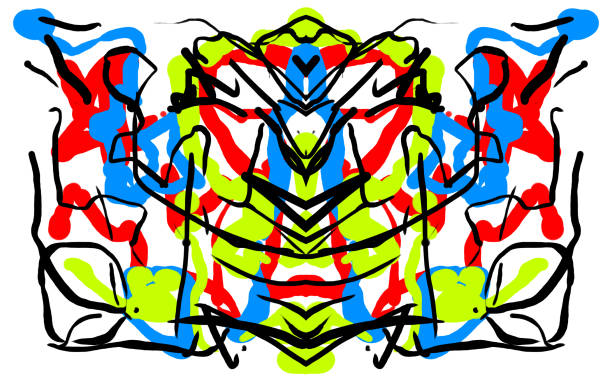The Unveiling of Neo-Tribalism: A Modern Societal Reformation
Introduction: In the ever-changing landscape of societal trends and interactions, a new phenomenon is gradually taking root—Neo-Tribalism. This modern social shift is subtly reorienting our concepts of belonging, identity, and communal coherence. Read below to explore this fascinating trend and its implications for society.

From Traditional Tribes to Neo-Tribalism: A Historical Perspective
To comprehend the concept of Neo-Tribalism, it is essential to understand its traditional counterpart—tribalism. Historically, tribes were social units, often linked by family ties, shared culture, and a common geographical location. However, globalization, technological advancements, and societal evolution have led to the emergence of Neo-Tribalism—a modern interpretation of tribal belonging that transcends geographical constraints.
The Fabric of Neo-Tribalism: Common Interests, Ideologies, and Virtual Communities
Unlike traditional tribes, neo-tribes are not bound by familial ties or geographical proximity. Instead, they are formed around shared interests, ideologies, or even virtual platforms. From hobby groups and political activists to online gaming communities, Neo-Tribalism is fostering a sense of belonging in our increasingly digital and individualistic world.
The Effects of Neo-Tribalism: Societal Implications and Transformations
The rise of neo-tribes has profound implications for society. It is reshaping social interactions, altering traditional concepts of community, and even influencing consumer behavior. By fostering a sense of belonging based on shared interests or beliefs, Neo-Tribalism is contributing to the fragmentation of mass culture into numerous subcultures, each with its unique norms and values.
Neo-Tribalism through the Lens of Sociology: Insights and Predictions
From a sociological perspective, Neo-Tribalism offers fascinating insights into the future of human interaction and societal organization. Research suggests that as neo-tribes continue to proliferate, we may observe a shift from a homogenized global culture towards a ‘glocal’ one—a blend of global and local cultures, characterized by diversity and pluralism.
Embracing the Change: Navigating the Neo-Tribal Landscape
While the rise of Neo-Tribalism brings its challenges, it also presents opportunities for personal growth and societal advancement. By embracing the diversity and pluralism inherent in neo-tribes, we can foster a more inclusive, tolerant, and vibrant society. However, it requires that we rethink our traditional notions of community and identity, and adapt to this evolving social landscape.
In conclusion, Neo-Tribalism represents a significant shift in the way we perceive and experience community and belonging. As this trend continues to evolve, it will undoubtedly shape the future of our society in ways we are yet to fully comprehend.




